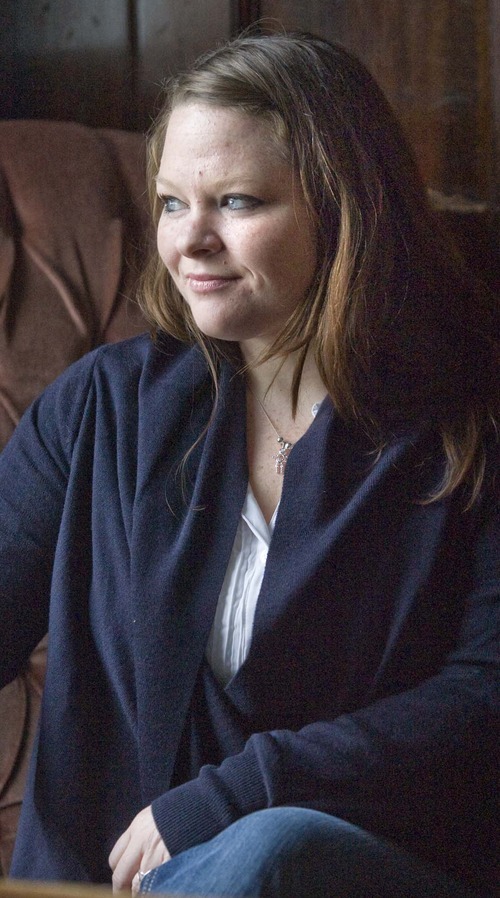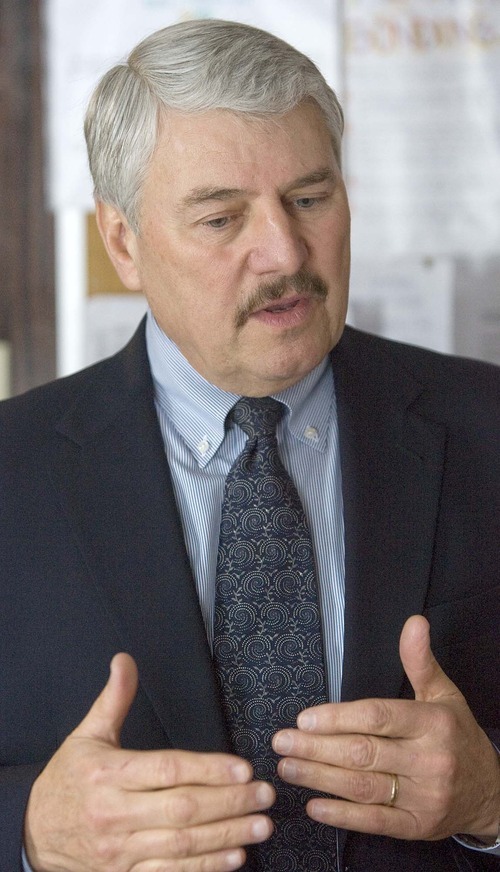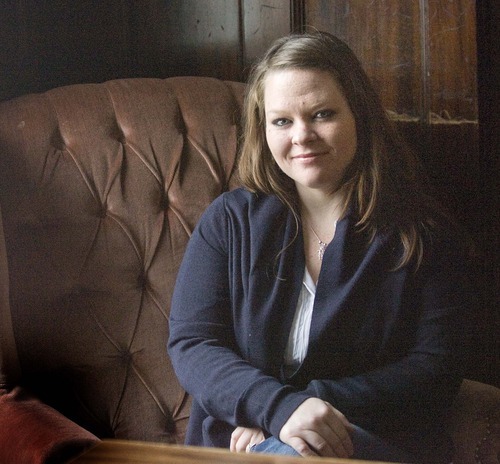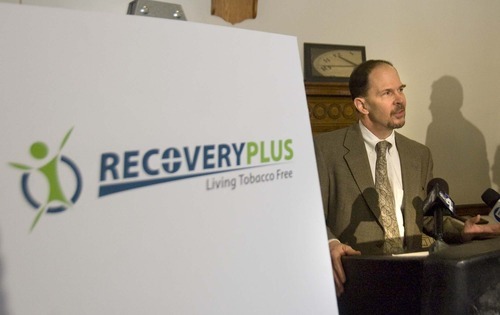This is an archived article that was published on sltrib.com in 2011, and information in the article may be outdated. It is provided only for personal research purposes and may not be reprinted.
Like many people, Kandas Prasad has heard that quitting smoking can be harder than quitting heroin.
Unlike most folks, she actually knows. "Not for me," said Prasad, a resident of the House of Hope substance abuse treatment center in downtown Salt Lake City. "Heroin was real hard."
But Prasad beat the drug. And as long as she was at it, she said, she figured she would kick her nicotine habit too.
"It's all addiction," the mother of three young children said. "And when you're in recovery, you have to continually work on that recovery. Any addiction can set you back."
In coming years, Utah substance abuse and mental health officials are hoping to help more people like Prasad break not just one addiction, but all of them. By 2012, all state-funded substance abuse and mental health facilities will be smoke free — a change that is being coupled with a three-year wellness initiative that will encourage those in recovery to stop smoking.
Utah Department of Human Services executive director Palmer DePaulis said he knows the initiative won't sit well with some people — and he noted that it flies in the face of culture and tradition among substance abusers and treatment providers.
"Cigarettes used to be used as a reward," DePaulis said. "Changing the way we think about smoking is going to be a challenge."
One of the most fundamental challenges, he said, is to get people to stop thinking about nicotine as a "lesser addiction."
"We can't treat some addictions but leave others out there," he said. "We have to treat the whole person."
That is especially important since research shows that treating tobacco use along with drug or alcohol abuse increases recovery rates, said Robert Rolfs, director of the state's Division of Disease Control and Prevention.
"Many people have such severe problems that at times we forget that tobacco use kills more people than all those other so-called 'serious' drugs combined," Rolfs added.
According to the National Association of State Mental Health Program Directors, people with mental illness die 25 years earlier than the general population — many due to conditions caused or worsened by smoking.
The state's initiative, known as Recovery Plus, will integrate tobacco cessation into treatment.
And for those already prepared to change their lives for the better, Prasad said, the program sells itself.
"I was smoking about a pack a day," she said. "For what that costs now, I could buy all three of my kids a full meal."
Getting help
O For more info • RecoveryPlus.Utah.Gov
Free help quitting tobacco • Call the Utah Tobacco Quit Line at 1-800-QUITNOW (784-8669) or visit UtahQuitNet.com.









